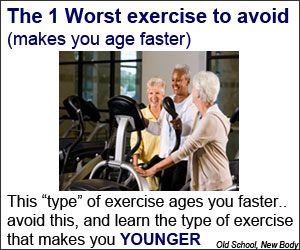What You Should Know About Weight Loss Medication

There comes a point in the fight with obesity where you may just say, “Forget diet and exercise, I need weight loss medication!” The good news is that there are a wide variety of weight loss drugs on the market today. The bad news is, there’s pretty much never going to be a circumstance where you can truly forget about diet or exercise. That doesn’t mean that weight loss drugs are useless, of course – far from it. Weight loss medication can be very helpful in your quest to lose weight.
There’s a big difference between over-the-counter diet pills and genuine, prescription weight loss medication. Anyone can buy diet pills. Usually, the only function that diet pills provide is a boost to a person’s metabolism through assorted herbal compounds and a generous dose of caffeine. This can be enough for some people when combined with diet and exercise, but it’s not always going to get the job done in severe cases.
Prescription weight loss drugs are, of course, tougher to obtain. When your doctor feels that weight loss drugs are the way to go for you, he’ll recommend them for you and write a prescription. Generally, weight loss medication is only prescribed to people with a body-mass index of over 27, and even then, sometimes only if that person suffers from obesity-related symptoms.
Obesity-related symptoms are numerous, and can include: heart disease and stroke, high blood pressure, diabetes, cancer and more. If you’re suffering from these symptoms, then you need to lose weight, and fast. Losing weight is more than just a matter of fitting into your summer swimsuit – the symptoms it can cause can be life threatening!
Most weight loss drugs are meant to only be used for a short period of time – a couple weeks, months at most. There are a few medications made specifically for longer-term use, but their safe use has not been tested past 2 years. Again, your doctor will be able to advise you of the dosage and length of time that you should use any weight loss drugs he or she prescribes.
Most of the weight loss drugs on the market today are one of two types: appetite suppressors or fat absorption inhibitors. Those are a lot of big fancy words for saying that these drugs either make you get hungry less or make less of the fat in the food you digest “stick.” Only one fat absorption inhibitor is legal in the United States, so most of the time a doctor will prescribe an appetite suppressant.
Ironically, appetite suppressants actually work on your head, and not your stomach. These drugs trigger the release of a natural chemical in your brain that helps keep your appetite in check. Basically, your brain believes that you’re not hungry or even full when you’re actually not. With these types of weight loss medication, you’ll have less desire to eat to fill yourself up, but you’ll still need willpower to avoid eating for pleasure, so hide those chocolate bars!








